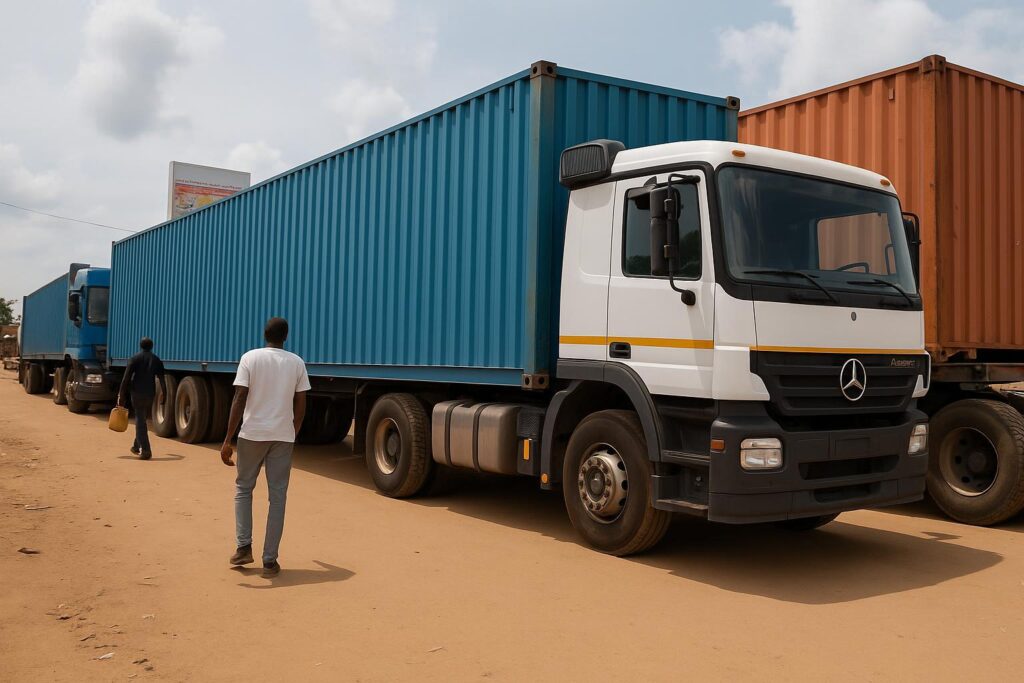Nimule Border Officers Flag Contaminated Cargo
Three Ugandan trucks loaded with maize grain, flour, and beans were halted at Nimule this week after South Sudan’s National Bureau of Standards declared the cargo unfit for human consumption. Laboratory screens found aflatoxin levels beyond regional thresholds and live insect infestation.
Scientific Tests Confirm Public Health Hazard
SSNBS chief analyst Peter Othong said the maize samples exceeded the 10-parts-per-billion ceiling set by East African Standards, describing the crop as “a direct threat to consumer safety.” Beans carried weevils, compromising both nutrition value and shelf life.
Round-the-Clock Surveillance Gains Momentum
In a published note, the bureau stressed routine twenty-four-hour inspections at all entry points. The agency returned five sorghum and maize trucks in June and blocked eleven substandard fuel consignments in May, underscoring a broader campaign for quality-assured imports.
Regional Trade Partners React
Ugandan exporters acknowledge the tightened checks. Kampala-based trader Grace Namusoke admitted some farmers overlook post-harvest handling, adding that stricter screening will “push suppliers to raise standards for everyone in the bloc.”
Economists argue the clampdown could ultimately fortify regional trust, reduce public health costs, and attract investment into certified storage facilities. South Sudan’s authorities insist rapid clearance procedures remain in place for shipments that comply with established criteria.
Path Forward for Food Safety in South Sudan
SSNBS plans mobile labs at key borders and public awareness drives on aflatoxin mitigation. Observers say these measures align with the African Continental Free Trade Area vision of safe, competitive goods moving across borders without jeopardising consumer welfare.


